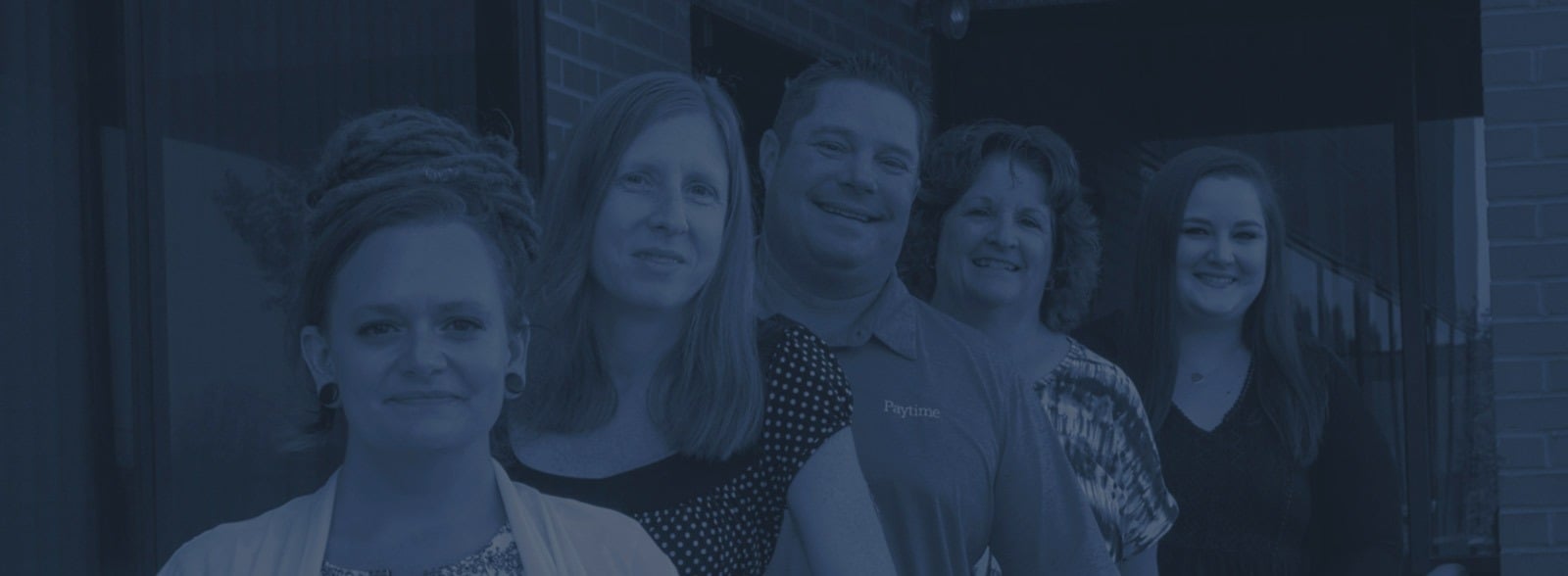
“The answer is complicated,” says an online article published by the National Conference of State Legislatures. It notes that workers’ comp typically “does not cover routine community-spread illnesses like a cold or the flu because they usually cannot be directly tied to the workplace.” There are exceptions in some states to cover workers who are exposed to carcinogenic materials or environments. Before the pandemic, some states covered emergency workers, presuming that lung and respiratory illnesses were work related. But that applied only to those workers, and it wasn’t clear whether those policies would include COVID-19.
An article in the Labor & Employment Insights newsletter, written by attorneys, explains that traditionally there had to be a close tie between the illness and the workplace. Over time, laws and court cases have established “occupational diseases” tied to specific jobs, “and those diseases are, therefore, compensable (e.g., mesothelioma or black lung disease).” However, “ordinary diseases of life” are not covered. Does that include COVID-19? The article suggests that certain workers may have a claim if they can show this disease was closely tied to their workplaces. “Regardless, such claims will require high levels of proof and will inevitably lead to messy and prolonged administrative hearings,” according to the article.
For now, employers should treat each claim carefully and not accept or reject any claim without thought and investigation. Check the employee’s evidence and if the evidence seems credible, go to your insurance carrier and see how they’ve handled similar claims.
Most important, employers and employees should keep a close eye on what is happening in their jurisdiction and workplace, as every state has its own policy. For example, California, by executive order, is covering all workers who are not working from home, and there is other pending legislation. Illinois has enacted a law to cover all “essential workers.” An administrative policy change in Florida means coverage for first responders, child safety investigators, corrections officers, National Guard service members responding to COVID-19 and state-employed health care workers.
There is no overarching federal guidance yet, but liability issues may be part of a future package, so we’ll be keeping an eye on that as well.
The Bottom Line: Make sure to consult with a professional before making any decisions.
Posted September 2020 – Copyright 2020
Disclaimers:
This information is offered with the understanding that Paytime, Inc. is not engaged in rendering legal, accounting, or other professional services. This information is meant to provide general and summary information only. The subject matter is not specific to any company, individual or industry and none should be implied. No attorney-client relationship or consultant-client relationship has been created and no legal or other professional advice is implied nor inferred. If legal, accounting, consulting or other professional advice is needed, those services should be acquired from a licensed professional. In no event will Paytime, its agents or employees be liable to you for anyone else for any decision made or action taken in reliance on this information.


